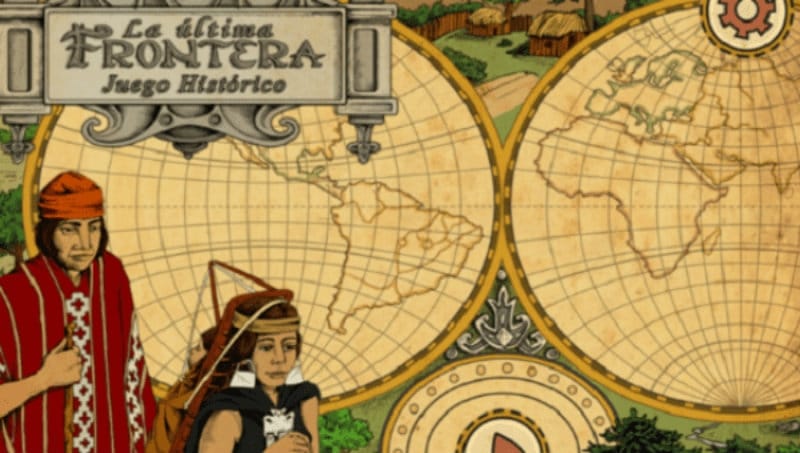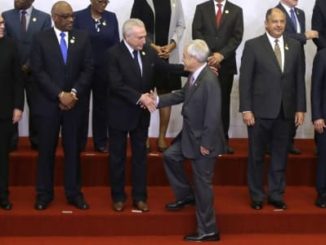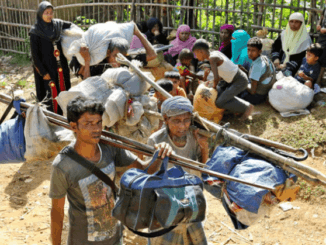
SANTIAGO – A new free download video game called “The Ultimate Border” has been rolled out in several high schools in Chile, aiming to introduce students to the history of the Mapuche people.
The project has been created by the Finis Terrae University, together with the Explora Program of Conicyt and the development company, Pitruf Game.
Chile’s famous singer Manuel Garcia – also known for speaking out abroad for the rights of the country’s indigenous communities – created the video game’s music with a modern touch to appeal to the gaming audience.
“These new technologies give us the possibility to reach an active kind of learning, grounded on experience, with students learning ‘in action,’ discovering causes and effects as they interact with this simulation,” said the project’s director David Caloguerea.
“The video game will expose the main dynamics that have featured the intercultural contact in the area and its different steps,” said Macarena Sanchez, the head of Finis Terrae’ History Faculty.
The video game focuses on lives of the Mapuche people and Spanish colonists living on the border along the BioBio river, particularly during the eighteenth century.
The Mapuche of Chile are one of the largest Indigenous communities in South America and make up an estimated 10 percent of the country’s population.
Students are able to virtually become a Spanish settler or a Mapuche youth, so they can experience and compare both realities.
They will be in charge of managing and building settlements, commercial routes, but also solving conflicts with either diplomacy or war, as part of seven challenges:
1. Repopulating the Araucania region and taking over ancestral villages
2. Guaranteeing the happiness of a Mapuche community by understanding their connection to the land
3. Helping a group of soldiers struggling to survive on the border of the Araucania region
4. Negotiating the release of Spanish prisoners
5. Avoiding the use of force to deal with a Mapuche rebellion
6. Living the experience of a son of a Mapuche man and a Spanish woman
7. Winning the respect of the Spanish settlers and the Mapuche people in Parliament



